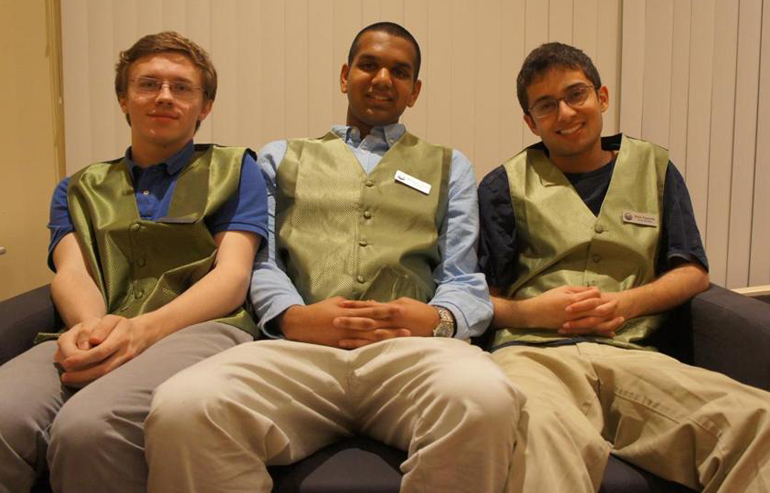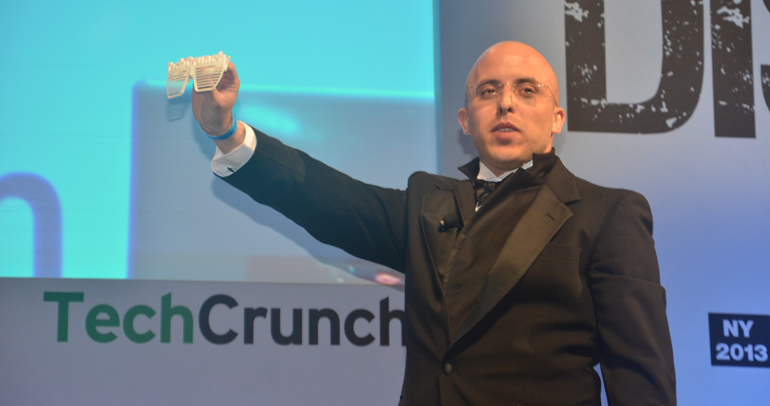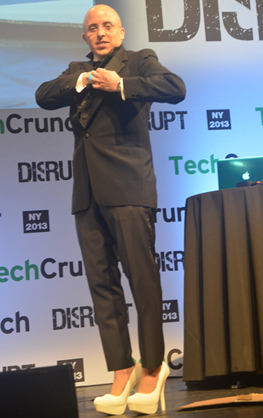Earlier this month, Cincinnati-based ThinkVine announced the release of their DIY marketing mix optimization platform.
If you’re like me and didn’t know what marketing mix optimization was, Wikipedia defines it like this:
Marketing mix modeling (MMM) is a term of art for the use of statistical analysis such as multivariateregressions on sales and marketing time series data to estimate the impact of various marketing tactics (marketing mix) on sales and then forecast the impact of future sets of tactics. It is often used to optimize advertising mix and promotional tactics with respect to sales revenue or profit.
So, basically, marketing professionals can plug certain factors into a simulated system and predict what will produce the best results. Before ThinkVine’s release, that usually meant expensive consultants and time-consuming simulations. With the ThinkVine software, companies can do a lot of the work themselves.
“Marketing planning and optimization are undergoing a transformation as brands turn to automation and real-time data to become more agile,” ThinkVine CEO Mark Battaglia said in a statement. “Old-fashioned econometric models can’t keep up with consumers in the age of social and mobile. With this software update, ThinkVine gives marketers the information they need to respond immediately to ever-changing markets.”
Subscription to the software includes lots of customer support from the ThinkVine team, but if your company has a full time data scientist just hanging around, the new updates allow for the DIY option, too.
ThinkVine’s software is the kind of unsexy B2B product that startups outside of Silicon Valley are so good at. Steady businesses meeting needs may not get the press attention of flashy consumer-facing Internet companies, but that’s not stopping them from making money. The software doesn’t meet the needs of the average consumer, but ThinkVine’s customers–including PepsiCo, MillerCoors, Sara Lee, The Hershey Company, Coca-Cola, Pfizer, Georgia-Pacific, and Valvoline–find that kind of data and predictive ability invaluable.
Companies like ThinkVine are the playing out of Marc Andreesen’s prophetic quote about software eating the world. With their experience handling real world problems, startups outside of Silicon Valley are poised to lead that charge.






















